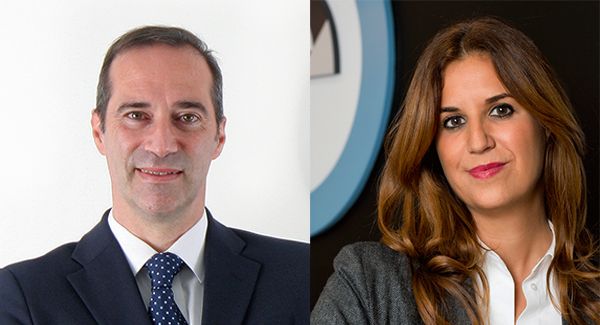The EU General Data Regulation (GDPR) is among the world's toughest data protection laws. Under the GDPR, the EU's data protection authorities can impose fines of up to €20 million or 4 per cent of worldwide turnover for the preceding financial year—whichever is higher.
In the last few months of 2021, we have witnessed GDPR fines ramping up significantly compared to the fines imposed in 2020. In brief, article 5 (principles relating to the processing of the personal data) and 6 of the GDPR (lawfulness of the processing) have proven to be among the most frequently invoked in the year 2021, as well as the previous year.
Additionally, the country with the highest number of GDPR fines is Spain, with a total of 183. However, it is important to clarify that this is due to the high transparency in publishing the sanctions since not all fines are made public.
Thus, the present article summarizes the most relevant sanctions imposed during 2021, from January 1 to December 31. Starting with an analysis on the highest sanction imposed by Ireland's Data Protection Commission, issuing a € 225 million fine to WhatsApp. Following the references to other penalties and sanctions issued by the European Control Authorities, categorizing it by the GDPR infringement for more clarification.
In August, WhatsApp was given a massive €225 million fine by Ireland's Data Protection Commission, becoming the second-largest fine under EU GDPR. This resulted from several breaches of transparency and data subject information obligations under articles 12, 13 and 14 of the GDPR. In other words, WhatsApp did not supply enough information to its users about how the data was processed, and the privacy policy was somehow opaque.
Moreover, regarding the infringement of article 12 to 23 of the GDPR, the Spanish Control Authority broke its record with the millionaire sanction of €6 million imposed to Caixa Bank. The reasoning behind it was that the financial entity failed to meet the requirements for valid consent, nor does it detail the categories of personal data subject to the processing. In addition, there was an illicit transfer of personal data to group companies.
The inadequacy of security measures implemented (article 32 of the GDPR) has also been subject to sanctions in Italy. The Italian supervisory authority (il Garante) imposed a fine of €2.5 million against the food delivery company Deliveroo for the illegal processing of 80.000 riders' data. According to il Garante, the company used this data for the automated rating of the riders’ performance. It did not inform sufficiently about the algorithms used for managing its riders, for both the assignment of orders and the booking of work shifts. In this way, the authority concluded that the company was not complying with the appropriate technical and organizational security measures, and therefore with the data protection principles (Article 5 GDPR), as they are intrinsically intertwined.
Moreover, we can see that is very common among the European Control Authorities to apply penalties combining article 5 of the GDPR and Article 6 (lawfulness of the processing). Such is the case of the sanction imposed by Lower Saxony DPA of €10.4 million to the German electronics retailer Notebooksbilliger. The company monitored its employees and customers with CCTV cameras while the recordings were stored for 60 days. While the GDPR does not prohibit the use of CCTV, it emphasizes that the surveillance must be a legitimate response and conducted with a proper legal basis.
As we can see, this is the up-to-date and current list of the largest fines so far, but the list is constantly changing. Looking into the past, the highest sanction imposed in 2020 was to H&M for € 35. 3 million. While the first two quarters of 2021 overcame by far such quantity for €50 million. Not to mention the last quarter of 2021, which was exceptional as it came across the largest multi-million fine in GDPR history of €225 million.
This is the legacy of a post-Schrem's privacy world, where the European regulators need to enforce the law actively and impose fines at a rate never seen before. We can finally say that the effects of causing exemplary or punitive damages have paid off. It seems that GDPR continues to hold businesses accountable successfully. Unsurprisingly the message is out there: a non-compliance scenario is no longer a viable option to assess legal risks since the effect of the GDPR should not be underestimated. The GDPR is only getting started, and it is about to get much more significant.
Therefore, companies need to become more responsible in handling their clients’ information and inform about how it is processed. As seen above, that sum has been surpassed by WhatsApp this year. It will be interesting to see how the trend evolves in 2022 and how privacy awareness culture progresses among companies and users.
Article provided by INPLP member: Francisco Perez Bes and Esmeralda Saracibar (ECIX, Spain)
Discover more about INPLP, the INPLP-Members and the GDPR-FINE database
Dr. Tobias Höllwarth (Managing Director INPLP)



